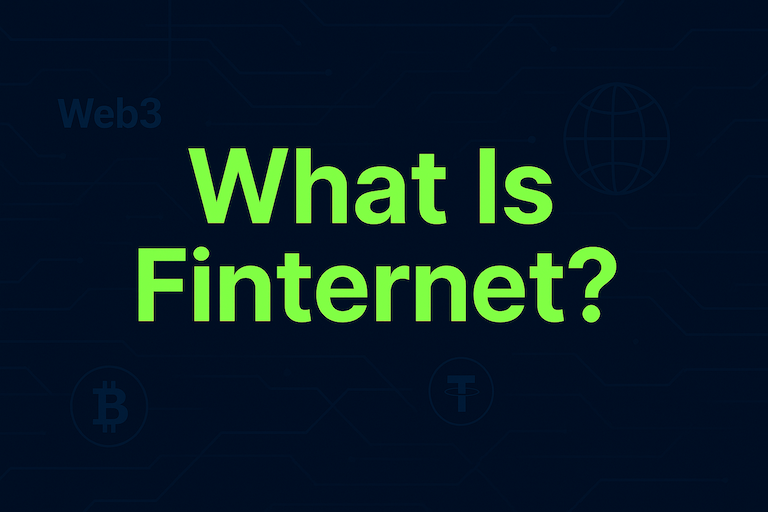What are Sybil Attacks?
Jan 26, 2025
A Sybil attack is a malicious activity in computer networks where an individual or entity creates multiple fake identities to manipulate or disrupt the system. These attacks are particularly relevant in the context of decentralised networks, such as blockchain, where they can undermine the integrity and fairness of the network. This blog post explores the concept of Sybil attacks, their mechanics, implications for various systems, and strategies for prevention. By understanding how Sybil attacks work, readers can better appreciate the importance of robust security mechanisms in distributed systems. Let’s dive deeper into this critical topic.
Understanding Sybil Attacks
A Sybil attack occurs when a single entity fraudulently assumes multiple identities in a network, exploiting the system's reliance on identity-based operations. These fake identities can work collectively to manipulate decisions, disrupt processes, or gain disproportionate influence over the network. The name "Sybil attack" originates from a psychological case study involving multiple personalities, aptly reflecting the nature of this threat. Sybil attacks are particularly concerning in distributed systems, where trust and consensus among peers are critical. In these systems, a Sybil attacker can bypass trust mechanisms and gain control, potentially causing significant harm.
Key characteristics of Sybil attacks include the following:
A single attacker controls multiple fake identities or nodes.
The attack aims to manipulate or disrupt the normal functioning of the network.
It exploits the absence of robust identity verification mechanisms.
It can target both centralised and decentralised systems.
Sybil attacks undermine the integrity and security of the affected network.
Real-World Examples of Sybil Attacks
Sybil attacks manifest across various systems, particularly those reliant on peer-to-peer interactions. In blockchain networks, for example, an attacker could create numerous fake nodes to gain control over the consensus mechanism. Similarly, in social media platforms, a Sybil attack might involve creating fake profiles to influence trends or amplify misinformation. These attacks are also a common concern in voting systems, where multiple fake identities can distort democratic processes. Distributed hash tables (DHTs), which underpin many peer-to-peer networks, are another frequent target of Sybil attacks. Understanding these real-world applications helps highlight the widespread implications of this threat.
How Sybil Attacks Work
The mechanics of Sybil attacks revolve around exploiting the identity system of a network. By creating multiple fake identities, an attacker can overwhelm genuine participants and manipulate network behaviour. In a blockchain context, for example, these identities might try to control more than 50% of the network’s computing power in a “51% attack.” Similarly, in a social network, the fake profiles can act in concert to spread specific narratives, overwhelming genuine users. The success of a Sybil attack often depends on the network's ability to distinguish between legitimate and fake participants. Weak identity-verification mechanisms are a critical vulnerability.
Risks and Consequences of Sybil Attacks
The consequences of Sybil attacks can be devastating for targeted networks and systems. In decentralised systems like blockchain, such attacks can compromise the fairness and integrity of consensus mechanisms. Social media platforms become breeding grounds for misinformation, reducing user trust. Online marketplaces face the risk of distorted product ratings, eroding consumer confidence. In voting systems, Sybil attacks threaten democratic processes, undermining public trust in governance. Beyond these specific examples, Sybil attacks weaken the overall security and functionality of the affected networks, making them less reliable and effective.
Mitigating Sybil Attacks
Preventing Sybil attacks requires a combination of technical and organisational strategies to strengthen network resilience. Identity verification mechanisms are critical for distinguishing between genuine and fake participants. For instance, blockchain networks often use Proof of Work (PoW) or Proof of Stake (PoS) to increase the cost of creating fake nodes, making Sybil attacks economically unfeasible. Reputation systems can also play a role, rewarding long-standing and trusted participants. Additionally, setting limits on user activity can help prevent single entities from dominating the network. A multi-layered approach is often the most effective way to counter Sybil attacks.
Conclusion
Sybil attacks represent a significant challenge for networks reliant on trust and decentralisation, highlighting the need for robust security mechanisms. From blockchain networks to social media platforms, these attacks can undermine integrity, fairness, and functionality. Understanding how Sybil attacks work and their potential consequences is essential for developing effective prevention strategies. By implementing measures such as identity verification, economic deterrents, and reputation systems, networks can reduce the risk of Sybil attacks and maintain user confidence. The battle against Sybil attacks is ongoing, requiring vigilance and innovation from developers and security experts alike.
Start your safe cryptocurrency journey now
Fast and secure deposits and withdrawals, OSL safeguards every transaction !


